Travelogue
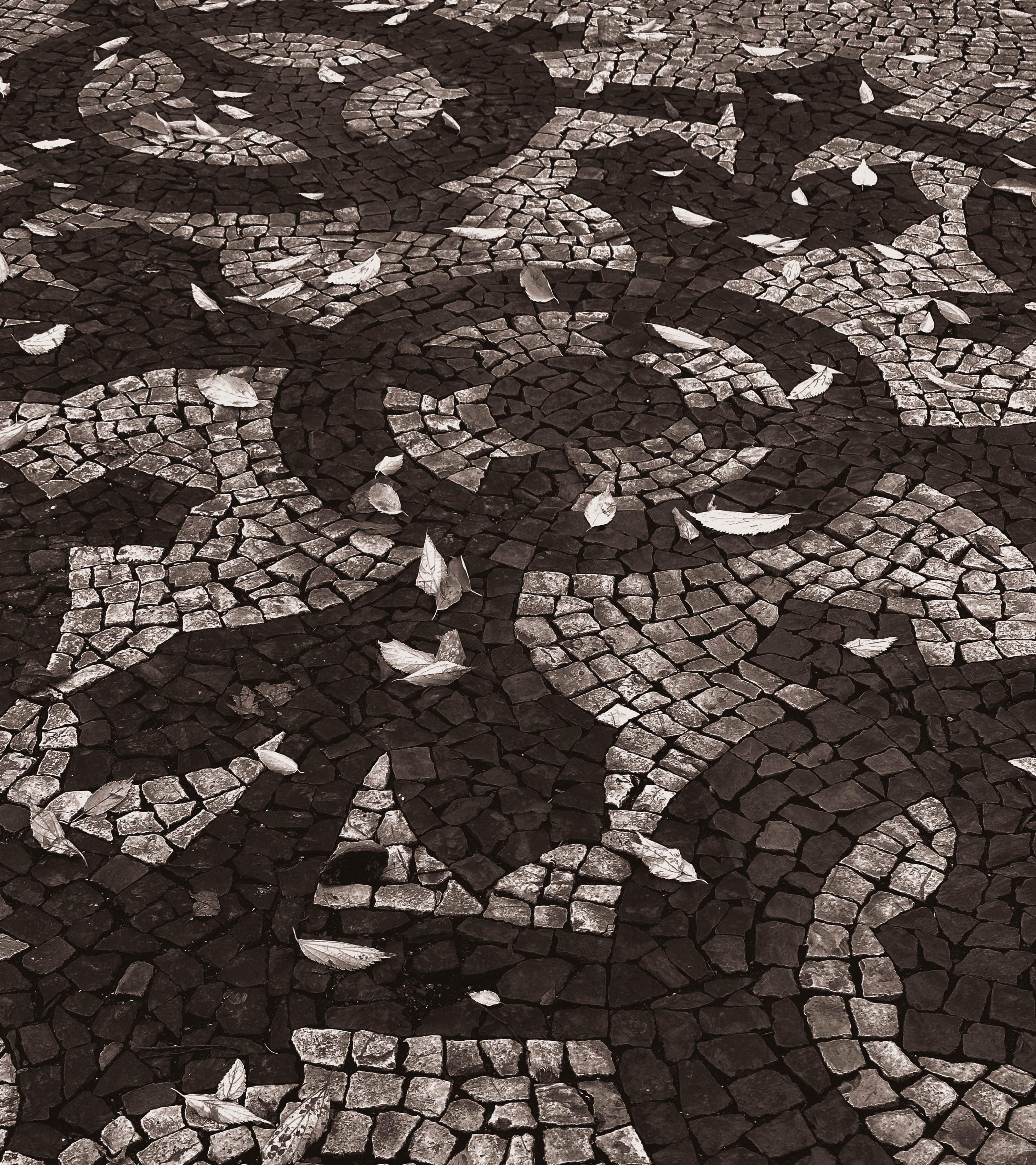
Streets of Lisbon, Portugal, which if I had never ambled, I fear I might have overlooked the extraordinary Fernando Pessoa and his The Book of Disquiet, some of the most fascinating, and sometimes peculiar, observations on life and mind I have ever read. “I’ve noticed that unhappiness is something you see rather than feel, and joy is something you feel rather than see, because by not thinking and not seeing, you do acquire a certain contentment, like that of mystics and bohemians and utter scoundrels. All unhappiness enters through the window of observation and the door of thought.”
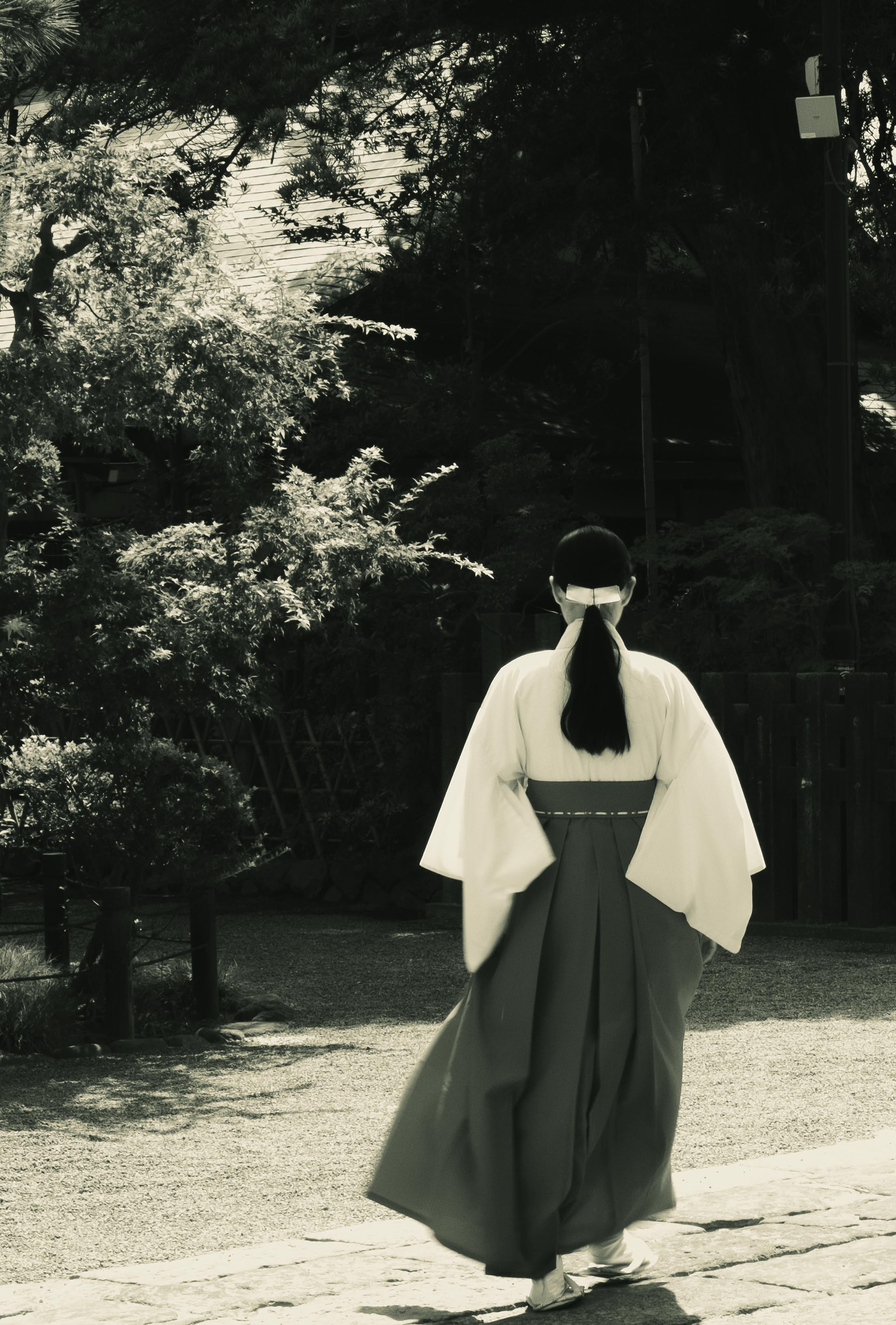
I took this photo in a suburb of Tokyo near a Shinto shrine where a wedding ceremony was taking place. Amidst towering modernity, grace of a bygone era.
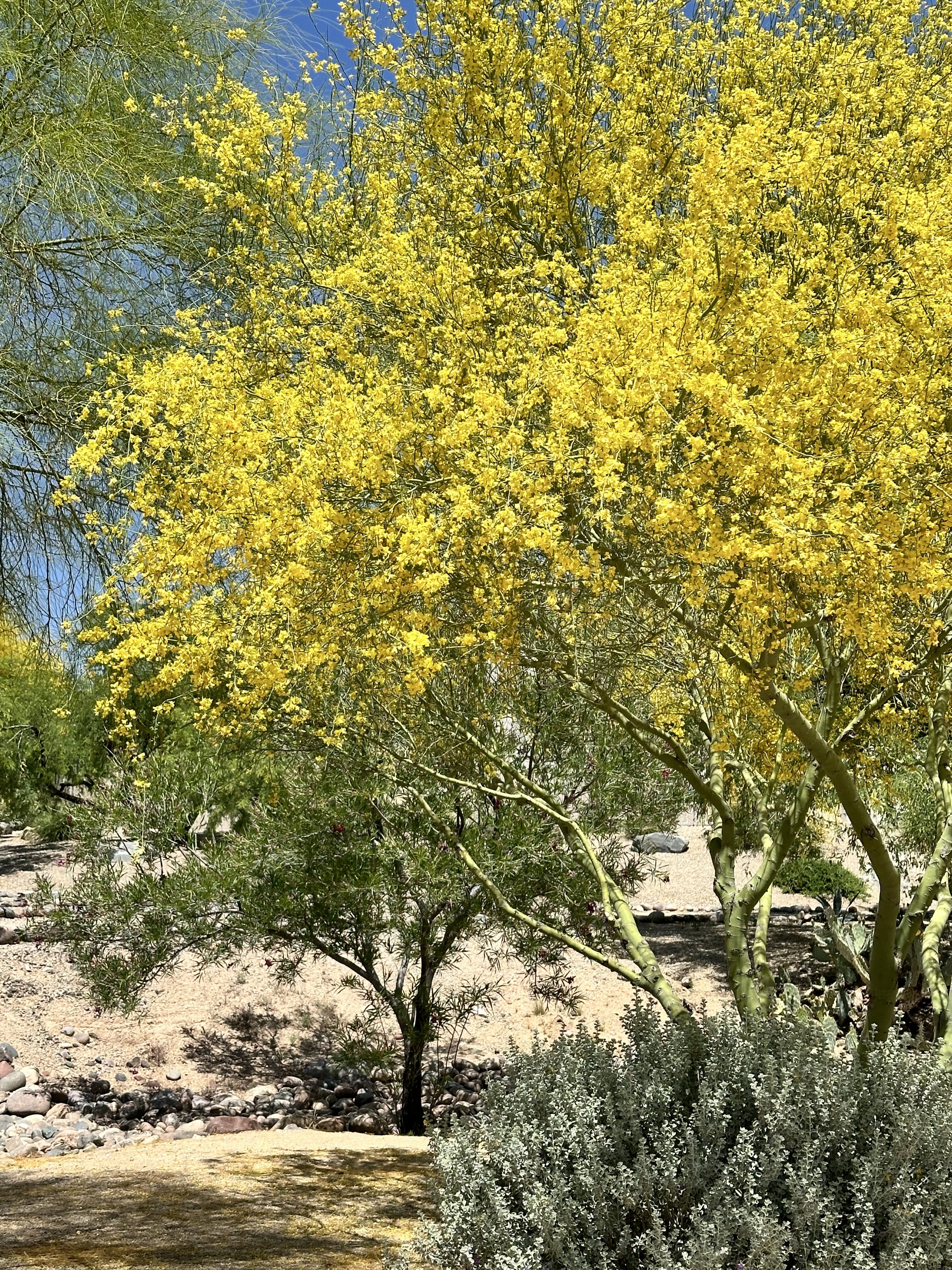

Springtime in the Sonoran Desert feels magical. Violet blooms of the Engelmann Hedgehog herald spring has arrived. Palo Verde trees gift the landscape a golden glow and Desert Globemallows celebrate with apricot flowers. Gentle breezes carry birdsong of black-throat sparrows, cactus wren, and curve-billed thrashers, while white-winged doves cry out in search of a mate. Sonoran Spotted Whiptails dart among sun-baked stones and gopher snakes slither in search of midday meals. It is but a brief symphony of abundance, a living monument to the impermanence of life.
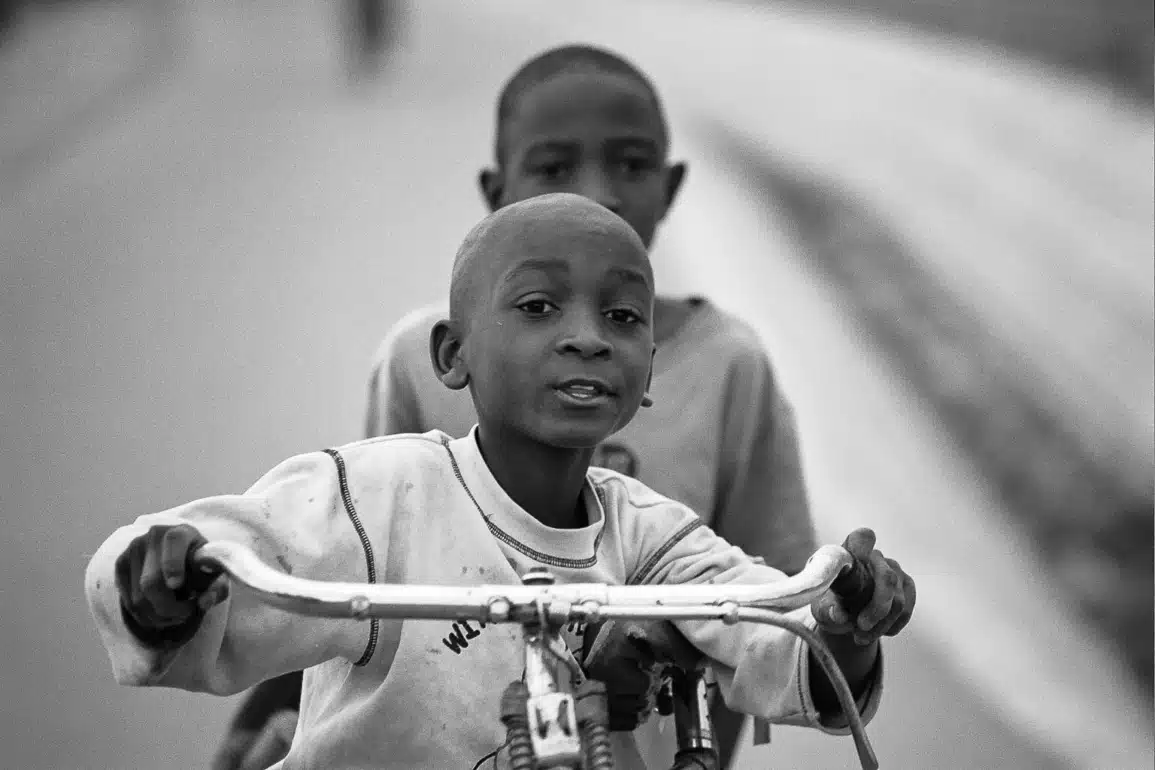
This photo was taken in Tanzania on the way to Serengeti. We were at a roadside shop when I spotted a group of boys in a world of their own making, shouting directions to each other, rushing about in orchestrated chaos, reminding me life is meant to be playful, which can be both lighthearted or serious, yet at its best wholly absorbing.
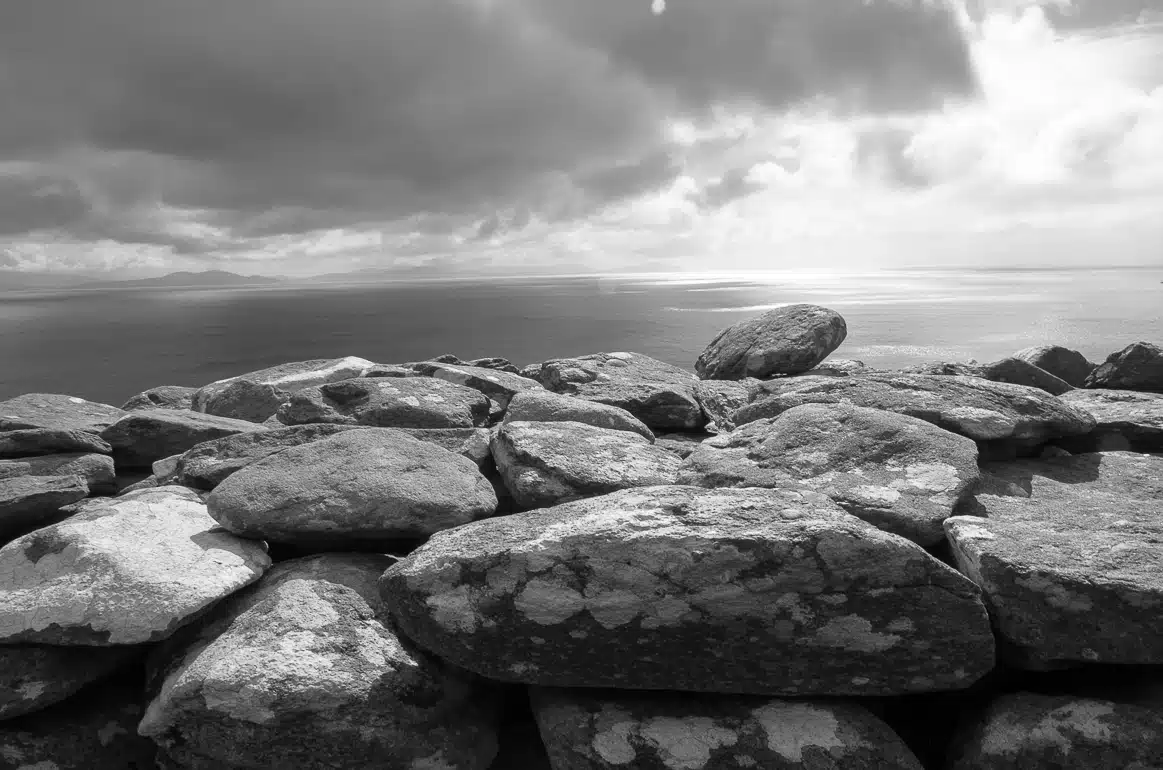
This is the view from Cashel Murphy, archaeological ruins dating to 3200 BC on the far southwest corner of Ireland’s Dingle Peninsula. Archaeologists believe about five families lived here. There’s an underground tunnel once used to store provisions and hide from enemies. Even in summer, blustery winds prevail, although the view nonetheless stunning. Here must be the origins of my ancestors’ rugged yet poetic temperaments.
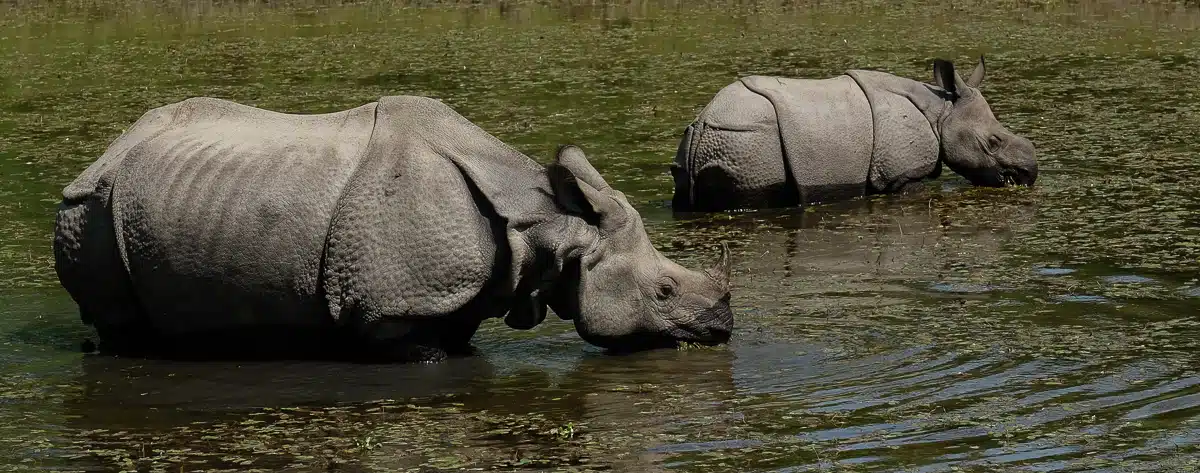
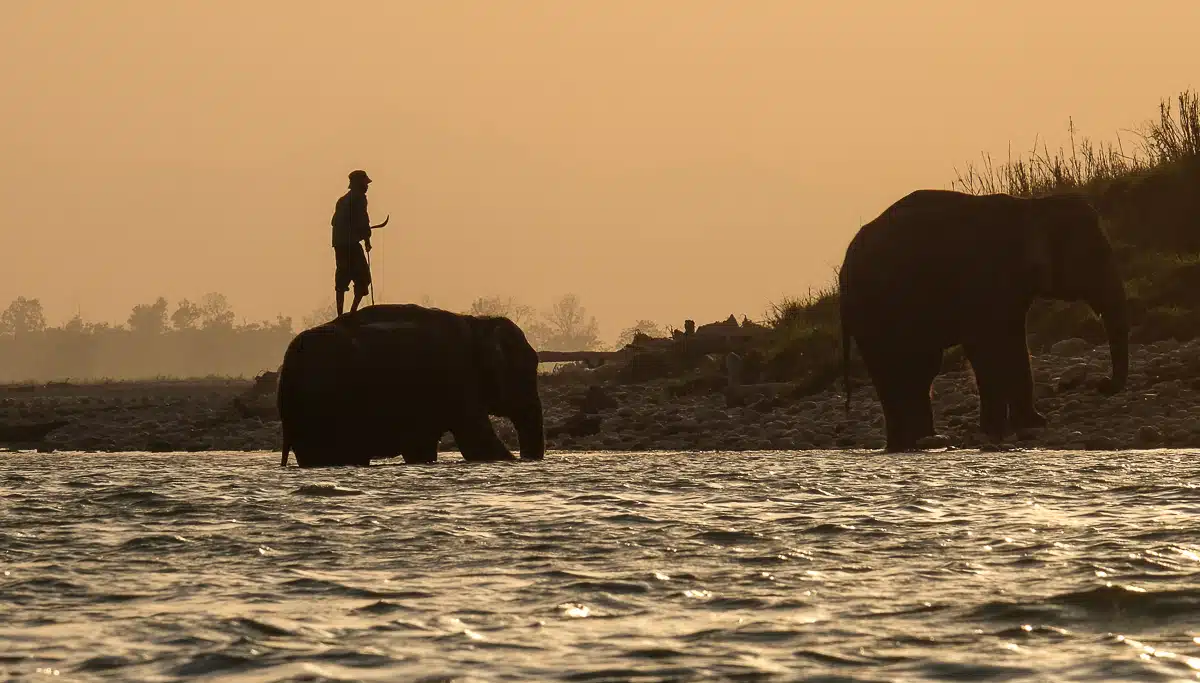
Chitwan National Park, located in the Terai region of Nepal, once drew big game hunters in search of trophies, like the Indian rhinoceroses and the Asian Elephants above. Today the park is dedicated to preservation, which is not an easy task. Conflict between local farmers and wildlife are common when the latter roam outside park boundaries. Elephants are still used to entertain tourists and treated as beasts of burden. Indigenous communities, such as the Tharu, were forced to relocate when the government decided to establish the park, and thus lost their homeland.
I hope for a better future for the area. Chitwan is extraordinarily rich in biodiversity, just as the local communities are made of exceptional people seeking the best for their families in a sometimes-hostile environment.
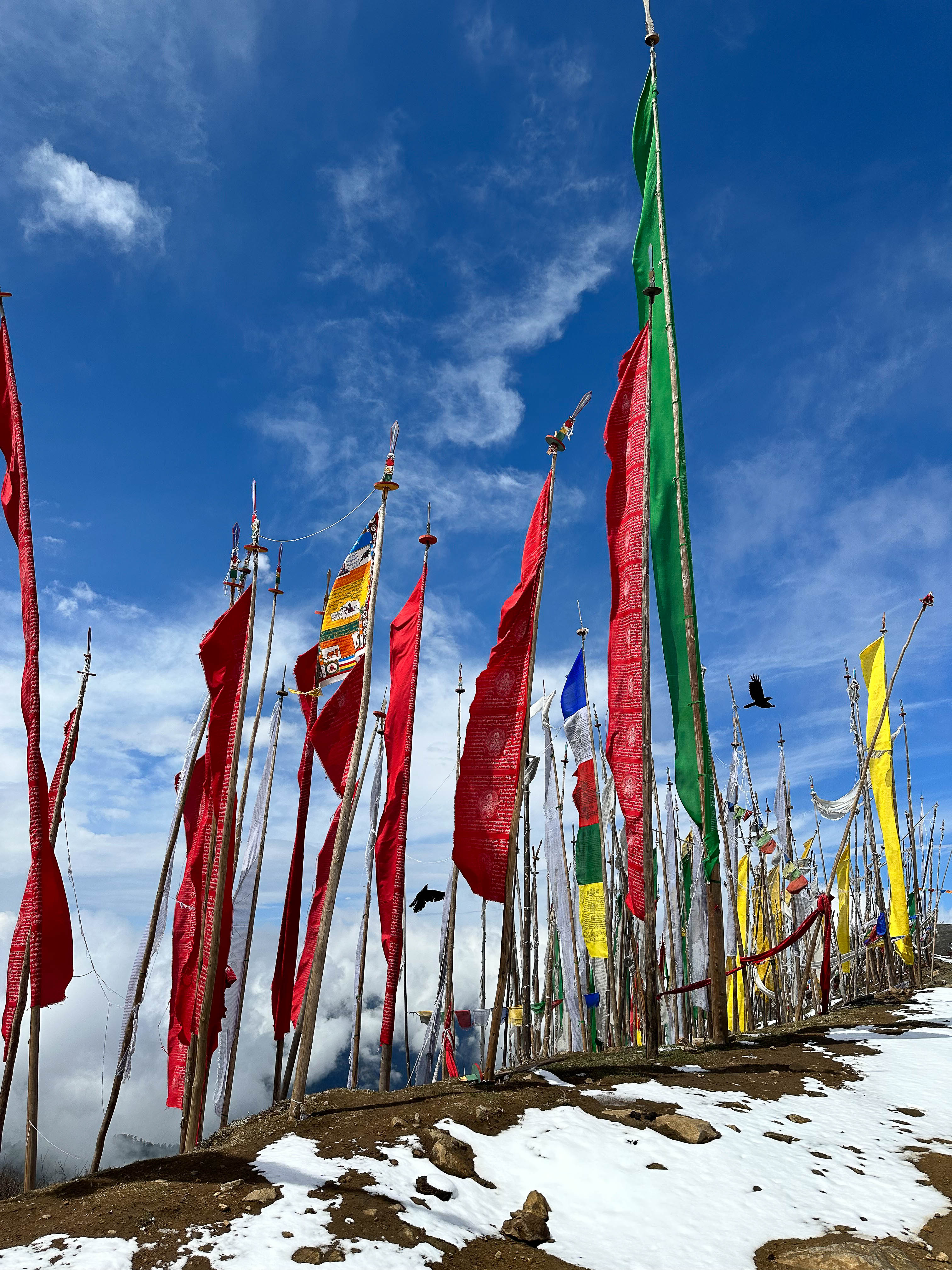
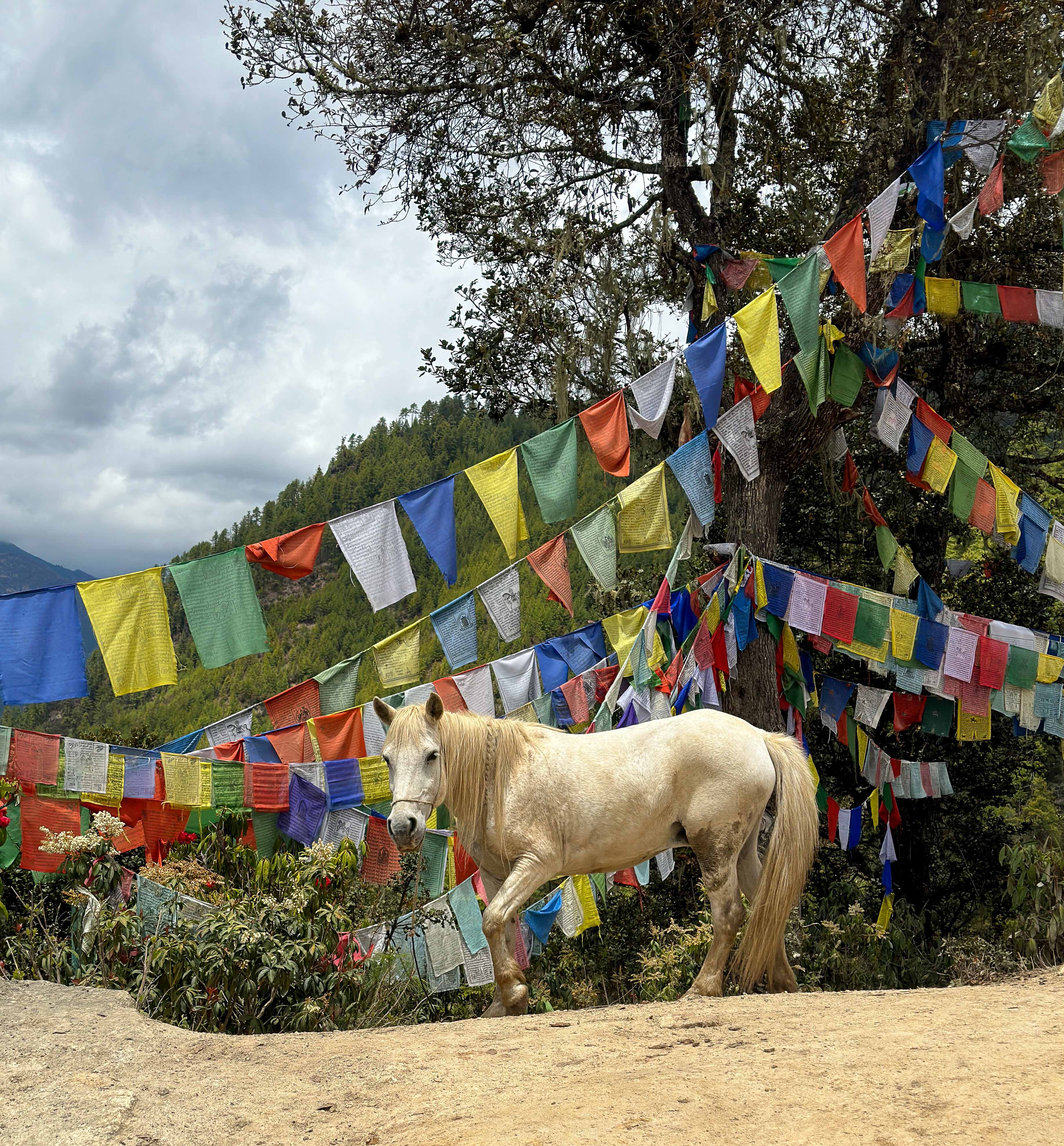
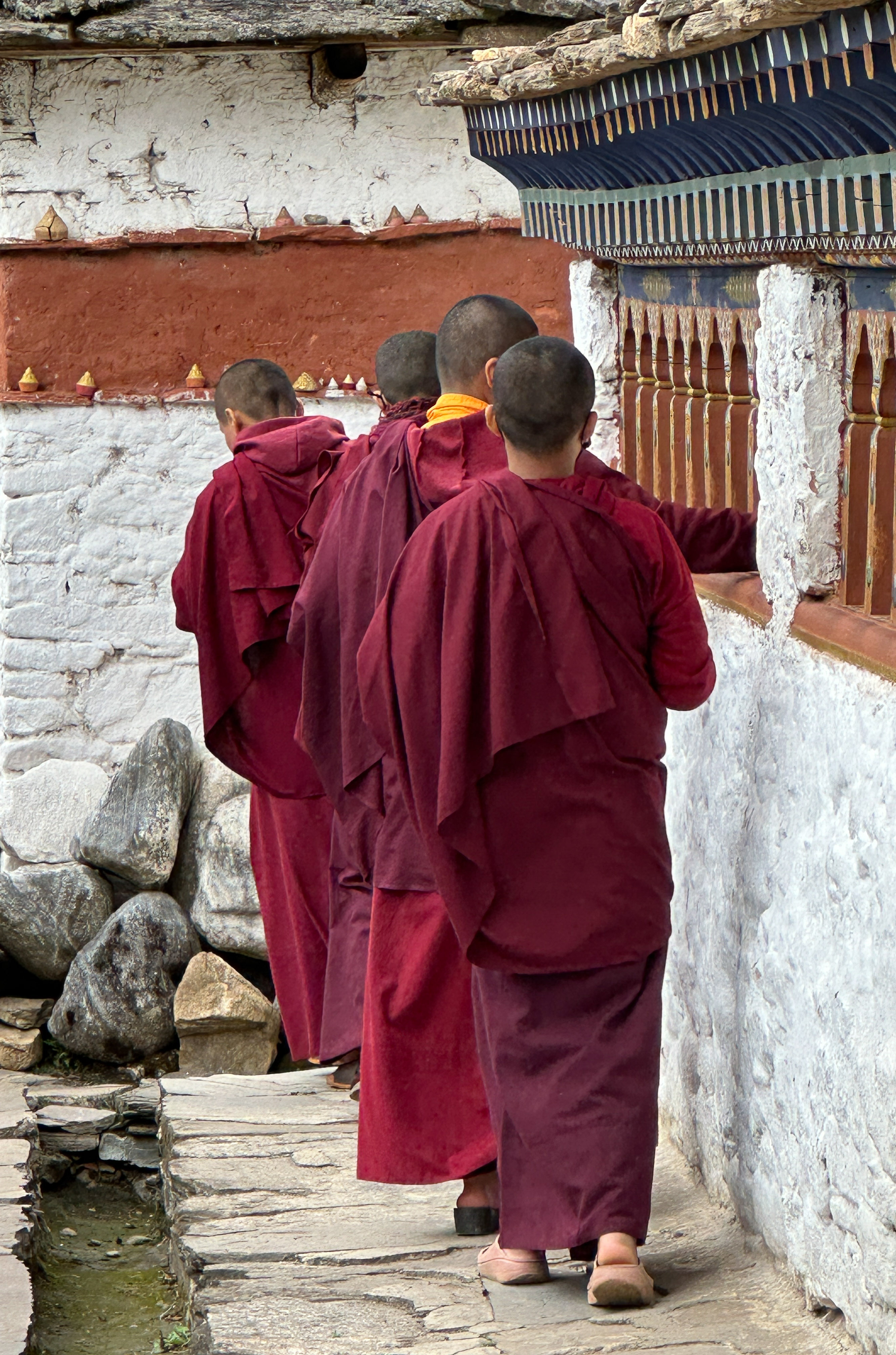
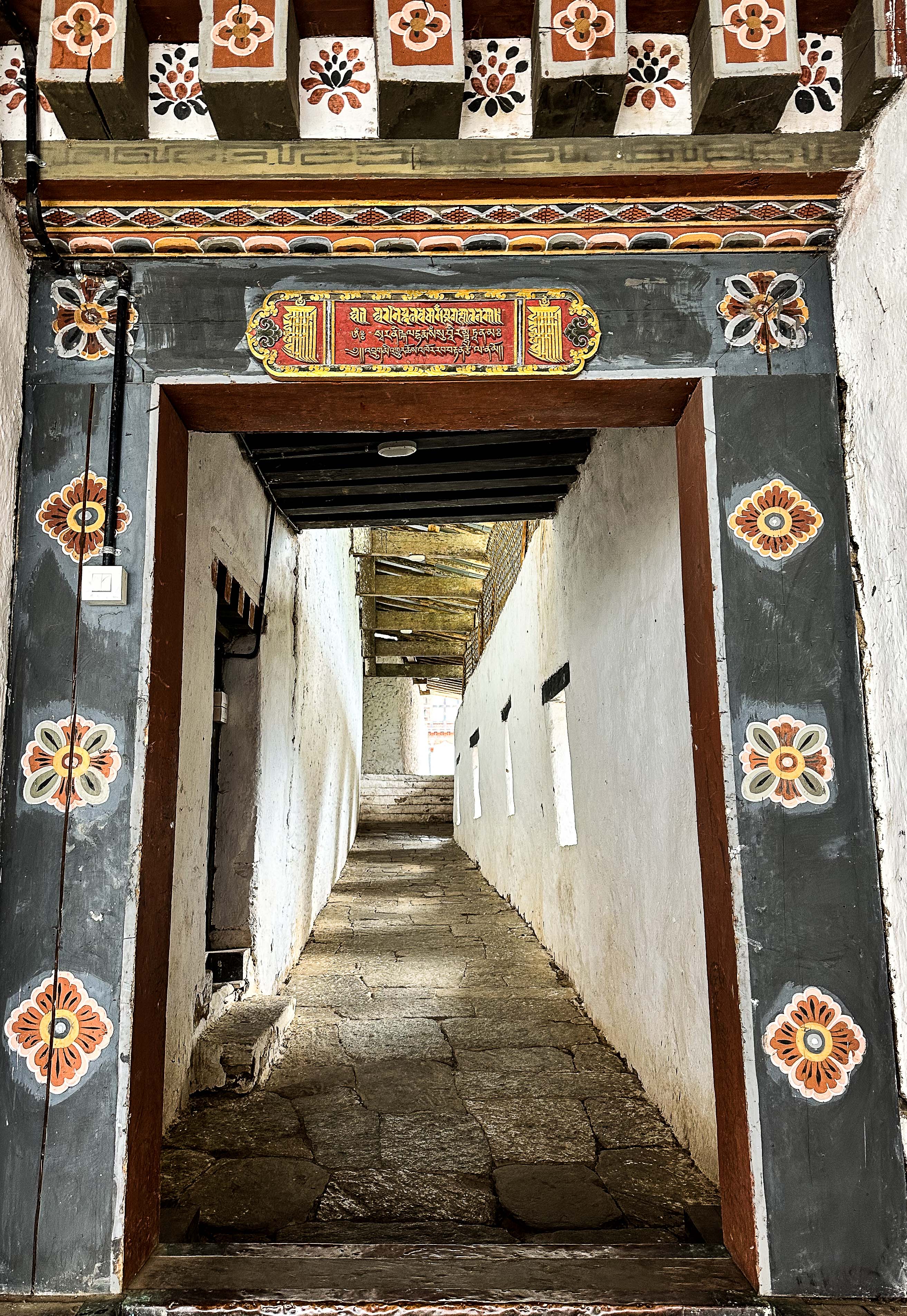
I spent over a decade dreaming of visiting Bhutan, imagining what this country is like that prioritizes happiness, protects the environment, and safeguards equality of women. It didn’t seem possible, like a Shangri-la. At one point, I started to like my dream of Bhutan more than the idea of traveling there. When I finally visited, I discovered a remarkable country yet certainly not paradise. Their lives have the same struggles people have around the world – making ends meet, raising families, taking care of their homes and communities, petty work politics, too much time spent on smart phones, etc. Bhutan’s sovereignty also feels fragile given its location between two of the world’s greatest powers, China and India. Yet Bhutan is special. There’s a shared commitment to bringing Buddhism to everyday life – to being a peaceful nation that attends to the welfare of all living things. While there, I thought about how we might apply some of their values and practices in the United States. The Bhutanese would remind me that Bhutan is a small nation, which makes it easier to be cohesive. I suspect they are correct, but what if we thought of ourselves as smaller, more tightknit, more dependent on each other? Sure, I’m an idealist, but maybe we only need a shift in perspective to begin the journey toward a more just and sustainable world.
